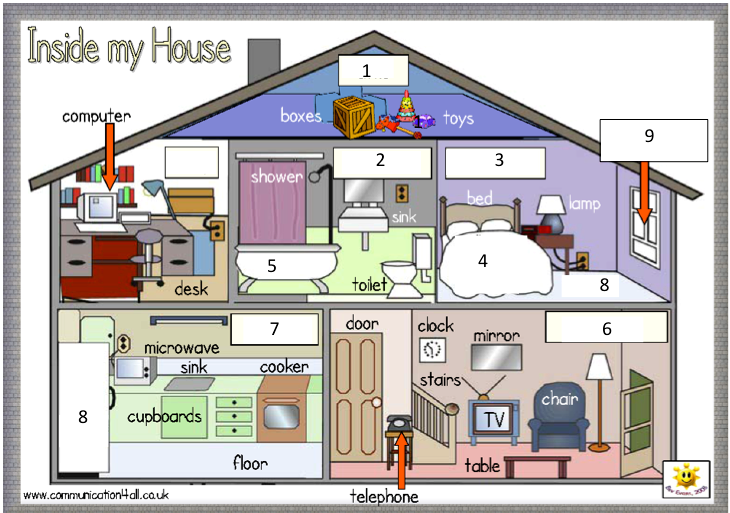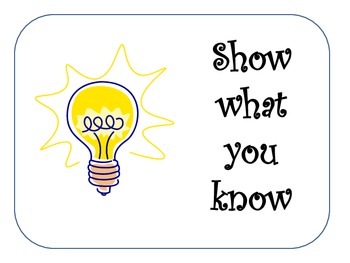Het arrangement Thuisopdracht is gemaakt met Wikiwijs van Kennisnet. Wikiwijs is hét onderwijsplatform waar je leermiddelen zoekt, maakt en deelt.
- Auteur
- Laatst gewijzigd
- 06-11-2020 16:56:40
- Licentie
-
Dit lesmateriaal is gepubliceerd onder de Creative Commons Naamsvermelding 4.0 Internationale licentie. Dit houdt in dat je onder de voorwaarde van naamsvermelding vrij bent om:
- het werk te delen - te kopiëren, te verspreiden en door te geven via elk medium of bestandsformaat
- het werk te bewerken - te remixen, te veranderen en afgeleide werken te maken
- voor alle doeleinden, inclusief commerciële doeleinden.
Meer informatie over de CC Naamsvermelding 4.0 Internationale licentie.
Aanvullende informatie over dit lesmateriaal
Van dit lesmateriaal is de volgende aanvullende informatie beschikbaar:
- Eindgebruiker
- leerling/student
- Moeilijkheidsgraad
- gemiddeld
Bronnen
| Bron | Type |
|---|---|
|
VOEGWOORDEN uitleg LINKING WORDS https://youtu.be/bvFx8a7NgYo |
Video |
Gebruikte Wikiwijs Arrangementen
Engels, onbekend. (z.d.).
Contacts - F Writing h/v
Het Perron Engels Bovenbouw. (2017).
Health and care - 4KBL
Lanters, Bas. (2017).
Schrijven op Niveau (Beschrijf hoe jij woont)
https://maken.wikiwijs.nl/93458/Schrijven_op_Niveau__Beschrijf_hoe_jij_woont_
Termeer, Patricia. (2015).
grammar voegwoorden and/but/because/so
https://maken.wikiwijs.nl/64689/grammar_voegwoorden_and_but_because_so
Termeer, Patricia. (2015).
reading comprehension: A Postcard
https://maken.wikiwijs.nl/64704/reading_comprehension__A_Postcard


 Bij het onderdeel SEND A POSTCARD ga je werken aan je schrijfvaardigheid door een briefkaarten (postcards) te schrijven.
Bij het onderdeel SEND A POSTCARD ga je werken aan je schrijfvaardigheid door een briefkaarten (postcards) te schrijven.



